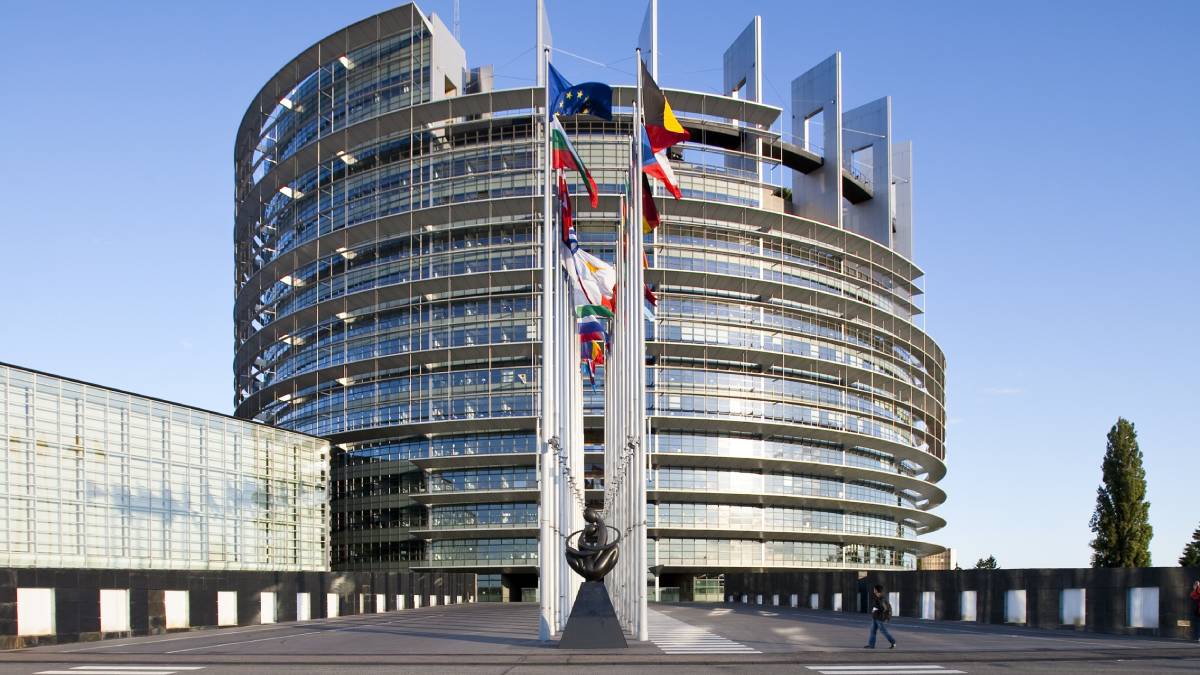The resolution on esports and videogames adopted by the European Parliament on the 10th of November 2022 is a monumental step forward in the brief history of the esports sector.
The European Parliament voted on a report drafted by the Committee on Culture and Education under the responsibility of rapporteur Laurence Farreng from France.
Prior to the vote in the European Parliament, the Malta Esports Association provided its feedback on this report to the Government of Malta, as well as to the European Esports Federation. The Malta Esports Association strongly welcomed the contents of the report. If implemented correctly, the actions which should follow from the adoption of this report would result in great strides for European esports, giving it the tools, support, recognition, and legitimacy which the esports sector has fought for for many years.
The positive vote is a strong statement from the European Parliament, of its intention and desire for Europe to become a leading continent for esports and videogames.
The only matter of contention within the report which the Malta Esports Association finds issue with, is the statement that due to differences in the economic nature of esports and sports, then esports should be regulated separately from traditional sports.
The Malta Esports Association believes this to be a dangerous statement that could lead to a worse situation for esports. Sports has enjoyed several decades of robust regulation, and legal infrastructure:
Whether it’s the criminalisation of match-fixing, the fiscal incentives for non-profit sports organisations and athletes, or the numerous schemes aimed at promoting sports amongst various sectors of society, are just a few reasons why esports should be dealt with as sports. Without this, esports remains in a legal and regulatory vacuum that is prejudicial to the growth of the sector in Europe.
The only way the esports sector at large could benefit from the approach adopted in the report, is if esports-specific legislation is enacted, that is sufficiently holistic and wide, for it to encapsulate the numerous scenarios, niches, risks and opportunities necessary to create a stable and sustainable framework for esports.
About the Report
The Report recognises the importance of videogames and esports sectors to the future of the European Union. Key highlights of the report including the following:
- The European market size of the videogame sector stood at €23.3 billion in 2021, making it a leading cultural and creative industry;
- The videogame industry employed around 98,000 people within the EU in 2020;
- It was one of a few creative industries to experience growth during COVID-19;
- 50% of Europeans classify themselves as gamers;
- Esports and videogames have great potential for use in education and lifelong learning, and often courages students to pursue careers in science, technology, engineering, arts and maths;
- Esports helps develop skills that are essential in digital society and can be used to increase inclusivity and diversity;
- Videogames have the ability to improve key skills such as problem-solving, analytical, social and intellectual skills, spatial coordination, teamwork and better concentration;
- Videogames and esports can provide significant mental health benefits and have the capacity to disseminate positive values.
On the other hand, the videogames and esports sectors require a closer look, in view of the following:
- Video games and esports have online features which can be misused for online violence or harassment;
- Representation of women in the sector is low, and harassment towards female players also exists;
- Esports poses challenges relating to integrity;
- Certain videogame features with an aggressive design could have harmful financial consequences, as well as addictive tendencies.
Amongst other things, the European Parliament resolution calls for:
- The necessity of harmonised and reliable industry data for evidence-based assessments and decision-making;
- The inclusion of esports within NACE;
- Calls for a project to understand the impact of the videogame and esports sectors;
- Acknowledges the need to safeguard esports from match-fixing, illegal gambling and doping;
- Highlights the significant social and cultural potential of esports, to connect Europeans and to promote European identity, history and values;
- Calls for the use of videogames in schools, together with raising teachers’ awareness of how to use videogames in their teachings;
- Calls for the mapping of esports actors at local, regional and national level, to enable Europeans to get in touch with structures close to them and facilitate the organisation of competitions;
- The creation of a coherent and comprehensive guidelines regarding the status of professional esports players;
- Creation of a visa for esports personnel in order to make it easier to competitors to travel across borders;
- Increase youth participation in physical activities through partnerships between the sports and videogame sectors; and
- Highlights the important role of cities and regions in providing access to infrastructure for hosting esports events.
Society has perpetrated a stereotype of gaming as anti-social and very technical, without recognising its massive cultural and creative impact.
Maria Walsh, MEP from Ireland

